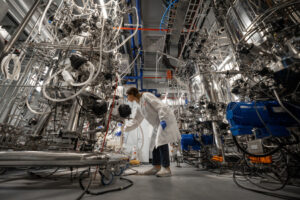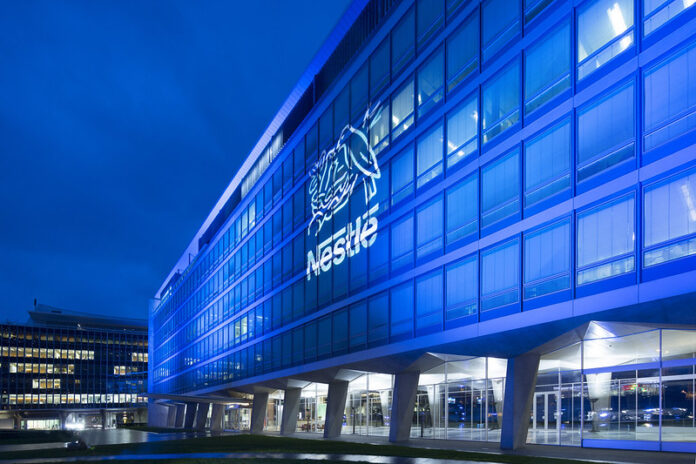World’s largest food company, Nestle SA is planning to make a foray into the cell-cultured meat market – a move that is expected to propel the growth of this nascent technology and push it to mass market.
People familiar with the development told Bloomberg that the Swiss mammoth has been working on alternative meat products that would blend cultivated meat with plant-based ingredients. Nestle is working with Israeli cell-based startup Future Meat Technologies Ltd to develop the product.
They also revealed that the timing of a potential market entry would be determined by regulatory approvals.
The decision to enter the cell-based meat markets is being seen as an early move by the company that took a significantly longer time to introduce its plant-based products.
Nestle is continuously working on its alternative protein strategy as more consumers are now switching to animal meat alternatives due to environmental and health concerns.
According to analysts at the consultancy firm Kearney, this “early move would help Nestle gain a foothold in an industry that may reach 35% of the $1.8 trillion meat market by 2040.”
Future Meat Technologies is set to bring its cell-based technology, while Nestle has experience developing plant-based products under its Garden Gourmet brand. The hybrid product, which blends meat cells developed in bioreactors with plant ingredients, could be a gateway for Nestle to tap the cultured meat market faster.
Read: Cultivated Meat Can Curb Global Warming Impact by 92%: Study
Cell-based meat startups incorporate plant-based ingredients at various stages of product development. It enables them to improve the texture of products and to reduce costs, a top challenge for startups vying to displace conventional meat.
Future Meat Technologies, a company that uses proprietary technology to produce cultured meat, recently announced the opening of world’s first industrial production facility for cultured meat. The new facility boasts of a capacity to produce 500 kilograms of cultured products a day – equivalent to 5,000 hamburgers – making scalable cell-based meat production a reality.



According to Rom Kshuk, CEO of Future Meat Technologies, “This facility opening marks a huge step in Future Meat Technologies’ path to market, serving as a critical enabler to bring our products to shelves by 2022. Having a running industrial line accelerates key processes such as regulation and product development.”
A series of funding rounds completed by companies in cultured meat space, such as Aleph Farms and Cultured Decadence, has shown how promising this segment would be in the coming times.
With Nestle’s entry into the space, Future Meat would probably become one of the biggest players in the cultured meat space.



